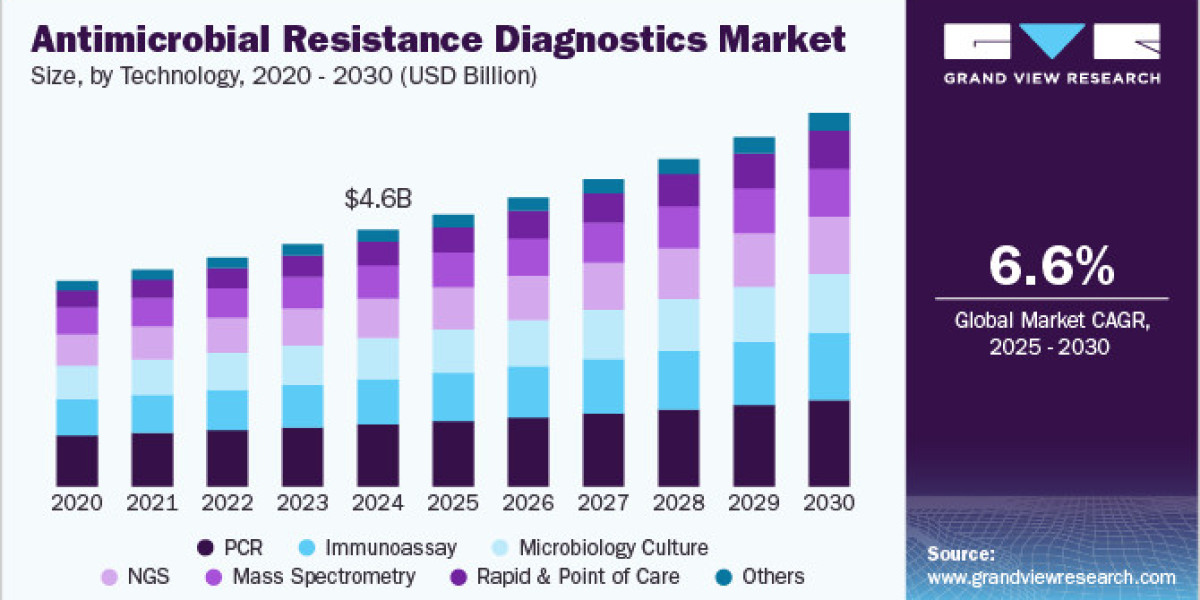HACCP (Hazard Analysis and Critical Control Points) certification is an internationally recognized standard that focuses on food safety and quality. It is a systematic approach to identifying, evaluating, and controlling food safety hazards at various stages of production. The certification ensures that food products are safe for consumption and helps businesses maintain high-quality standards. Let’s delve into why HACCP certification is essential and how it benefits the food industry.
Understanding HACCP Principles
HACCP is built on seven key principles designed to prevent food safety issues before they occur. These include conducting a hazard analysis, determining critical control points, establishing critical limits, monitoring procedures, implementing corrective actions, maintaining verification procedures, and keeping accurate documentation. By following these principles, businesses can proactively manage risks and minimize the potential for contamination or foodborne illnesses.
Importance of HACCP Certification
HACCP certification demonstrates a company’s commitment to food safety, ensuring that the products they offer are safe for consumers. It builds consumer trust and loyalty by guaranteeing that food has been handled properly throughout the production process. Additionally, many countries and regions, including the European Union and the United States, require businesses to comply with HACCP regulations to access local and international markets.
Benefits of HACCP Certification
Obtaining HACCP certification offers numerous benefits to businesses in the food industry. First and foremost, it helps companies reduce the risk of contamination, leading to fewer recalls and incidents of foodborne illnesses. This, in turn, minimizes financial losses and protects the company's reputation. HACCP also promotes efficiency in the production process by identifying and eliminating potential risks, which can improve operational performance and reduce waste.
Steps to Achieving HACCP Certification
Achieving HACCP certification requires several important steps. The first step is to conduct a thorough hazard analysis to identify potential food safety hazards. Next, critical control points (CCPs) must be determined at each stage of production. After that, businesses must implement control measures, establish critical limits, and set up monitoring systems. Regular training and updates are also necessary to ensure compliance with the latest standards. Finally, companies must undergo a third-party audit to verify their adherence to HACCP protocols.
Conclusion
HACCP certification is an invaluable asset for businesses in the food industry, providing assurance of safety and quality in every product. By adhering to HACCP principles, businesses not only meet regulatory requirements but also enhance their reputation, mitigate risks, and improve efficiency. Whether you're a small-scale producer or a large manufacturer, HACCP certification is a crucial step in ensuring consumer confidence and success in the global food market.








